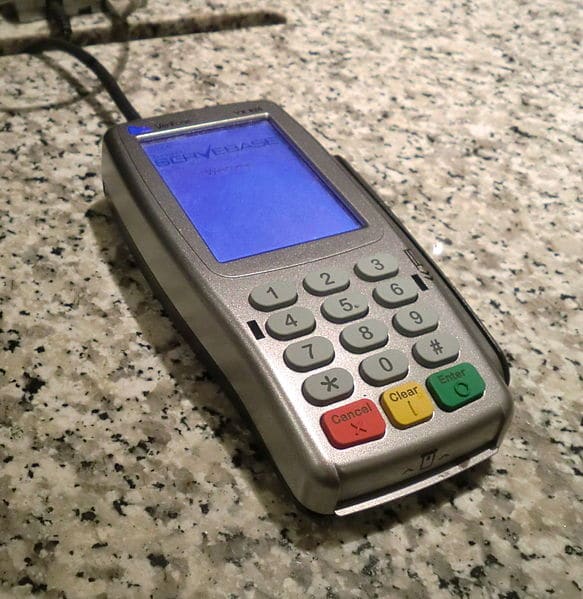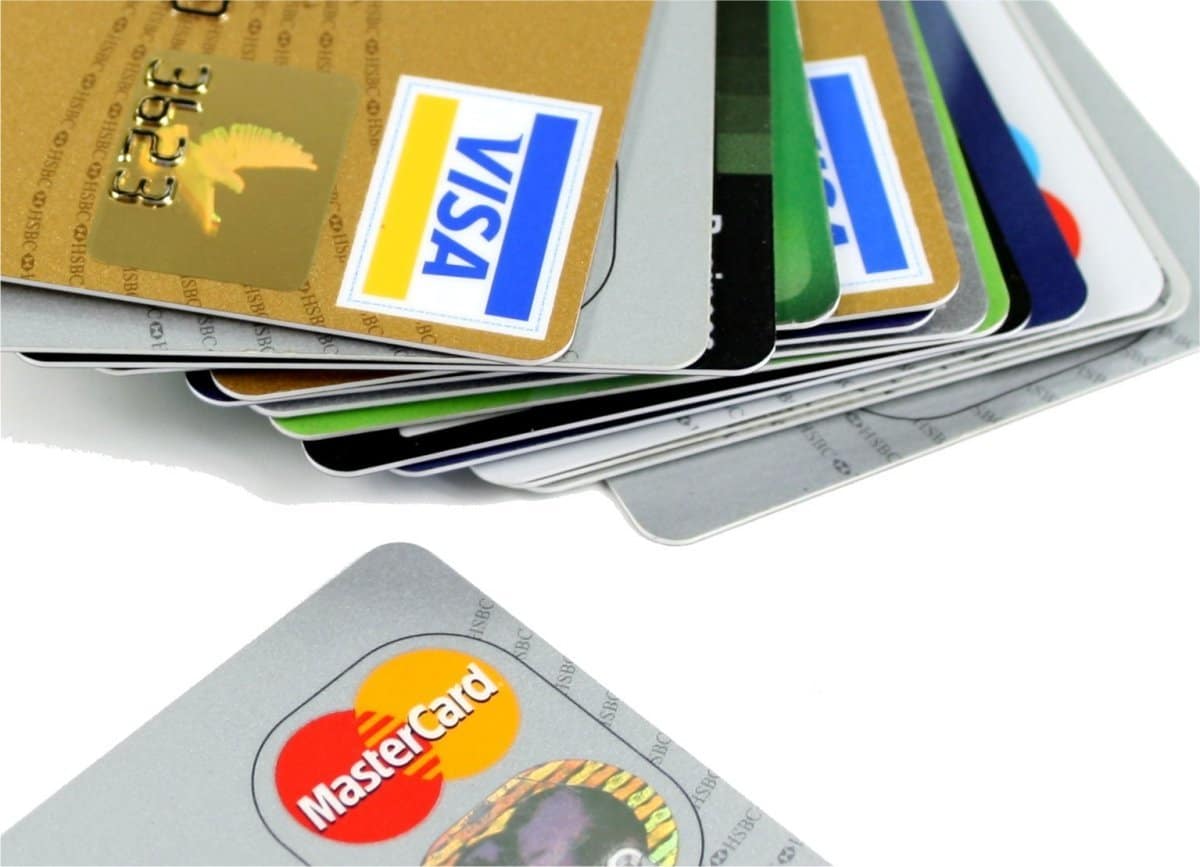What Going Cashless Means for High-Risk Merchant Accounts
Last Updated on April 8, 2021 by Corepay
A few weeks ago, we wrote about cities around the world that have begun moving toward cashless retail transactions, and how Sweden is planning to go completely cashless by 2023.

Card-based and mobile payments are great for most consumers. Lost cash is never replaceable, but lost cards and mobile phones are. Cards can be paused or turned off if they’re misplaced, lost, or stolen. And you can earn loyalty points, such as travel miles, by using certain credit cards.
Cashless payments are also great for merchants, because merchants have reams of data available to them to study their customer base. No longer do you have to guess at who your target demographics are, or do an estimation based on industry studies. You can see exactly who’s coming into your stores, what they’re buying, and what kinds of sales and promotions pique their interests.
Safety is another issue. According to a New York Times article, Sweden’s banks have cut back on the amount of cash they carried after a number of robberies in the mid-2000s, including a helicopter heist where thieves stole millions of krona.
“Last year, only two banks were robbed, compared with 210 in 2008,” said The Times.
Here in the U.S., cannabis dispensaries are regularly targeted by robbers, given their mostly-cash-only nature. They could certainly benefit from more cashless transactions, as could many other mostly-cash merchants.
While going cashless has its benefits, it also has its downsides. The young, elderly, and disabled often don’t have access to the mobile devices needed to access virtual cash, or have the ability to easily use debit and credit cards. Poor people and recent immigrants may not be able to afford those devices or have access to bank accounts. And the unbanked and underbanked have their own issues just being able to access virtual money.
More and more U.S.-based businesses have begun pushing for cashless transactions, although it’s seeing some resistance. New Jersey banned cashless stores in March, while Philadelphia’s ban went into effect October 1. New York City, Washington DC, and San Francisco have also passed similar bans; Massachusetts has prohibited cashless merchants since 1978.
What Does Going Cashless Mean for High-Risk Merchant Accounts?
Of course, going cashless is great if you have a low-risk retail operation. Clothing stores, electronics stores, bookstores, and even some restaurants and coffee shops are considered low-risk merchants.
But if you’re a high-risk merchant, you often have trouble just getting banking services, let alone credit card processing services. Going cashless could certainly cause problems for businesses that rely on cash payments for most of their transactions.
This is where it helps to work with a merchant services provider that specializes in high-risk accounts. Whether you have a small restaurant, a CBD-related business, gambling, adult content merchant account, or subscription-based service, you’ll want to reduce the number of cash transactions you take on, if only to reduce your risk of loss to theft or even employee theft.
Additionally, going cashless means you can track your customer data and perform analysis on the types of customers your business attracts. This new knowledge can help you market to more similar customers and increase your customer base.
If you would like to learn more about establishing a merchant services account and begin to accept your own cashless payments, just visit our website or call us at (800) 408-0095.
Photo credit: James Wisniewski (Wikimedia Commons, Creative Commons 4.0)
We appreciate you following Corepay’s blog. Let’s collaborate, send us your article suggestions, questions, and/or feedback to: [email protected].




